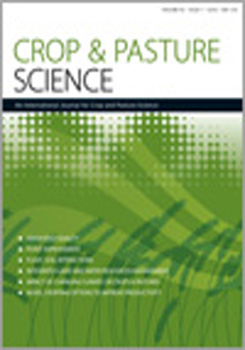Drought is a devastating environmental stress in agriculture and hence a common target of plant breeding. A review of breeding progress on drought tolerance shows that, to a certain extent, selection for high yield in stress-free conditions indirectly improves yield in water-limiting conditions. The objectives of this study were to (i) assess the genotype × environment (GE) interaction for grain yield (GY) and other agronomic traits for maize (Zea mays L.) across East African agro-ecologies; and (ii) evaluate agronomic performance and stability in Uganda and Tanzania under optimum and random drought conditions. Data were recorded for major agronomic traits. Genotype main effect plus GE (GGE) biplot analysis was used to assess the stability of varieties within various environments and across environments. Combined analysis of variance across optimum moisture and random drought environments indicated that locations, mean-squares for genotypes and GE were significant for most measured traits. The best hybrids, CKDHH1097 and CKDHH1090, gave GY advantages of 23% and 43%, respectively, over the commercial hybrid varieties under both optimum-moisture and random-drought conditions. Across environments, genotypic variance was less than the GE variance for GY. The hybrids derived from doubled-haploid inbred lines produced higher GY and possessed acceptable agronomic traits compared with the commercial hybrids. Hybrid CKDHH1098 ranked second-best under optimum-moisture and drought-stress environments and was the most stable with broad adaptation to both environments. Use of the best doubled-haploids lines in testcross hybrids make-up, well targeted to the production environments, could boost maize production among farmers in East Africa.
How to translate text using browser tools
4 July 2018
Grain-yield stability among tropical maize hybrids derived from doubled-haploid inbred lines under random drought stress and optimum moisture conditions
Julius Pyton Sserumaga,
Yoseph Beyene,
Kiru Pillay,
Alois Kullaya,
Sylvester O. Oikeh,
Stephen Mugo,
Lewis Machida,
Ismail Ngolinda,
Godfrey Asea,
Justin Ringo,
Michael Otim,
Grace Abalo,
Barnabas Kiula

Crop and Pasture Science
Vol. 69 • No. 7
July 2018
Vol. 69 • No. 7
July 2018
correlation
East Africa
G-E interaction
heritability
management




